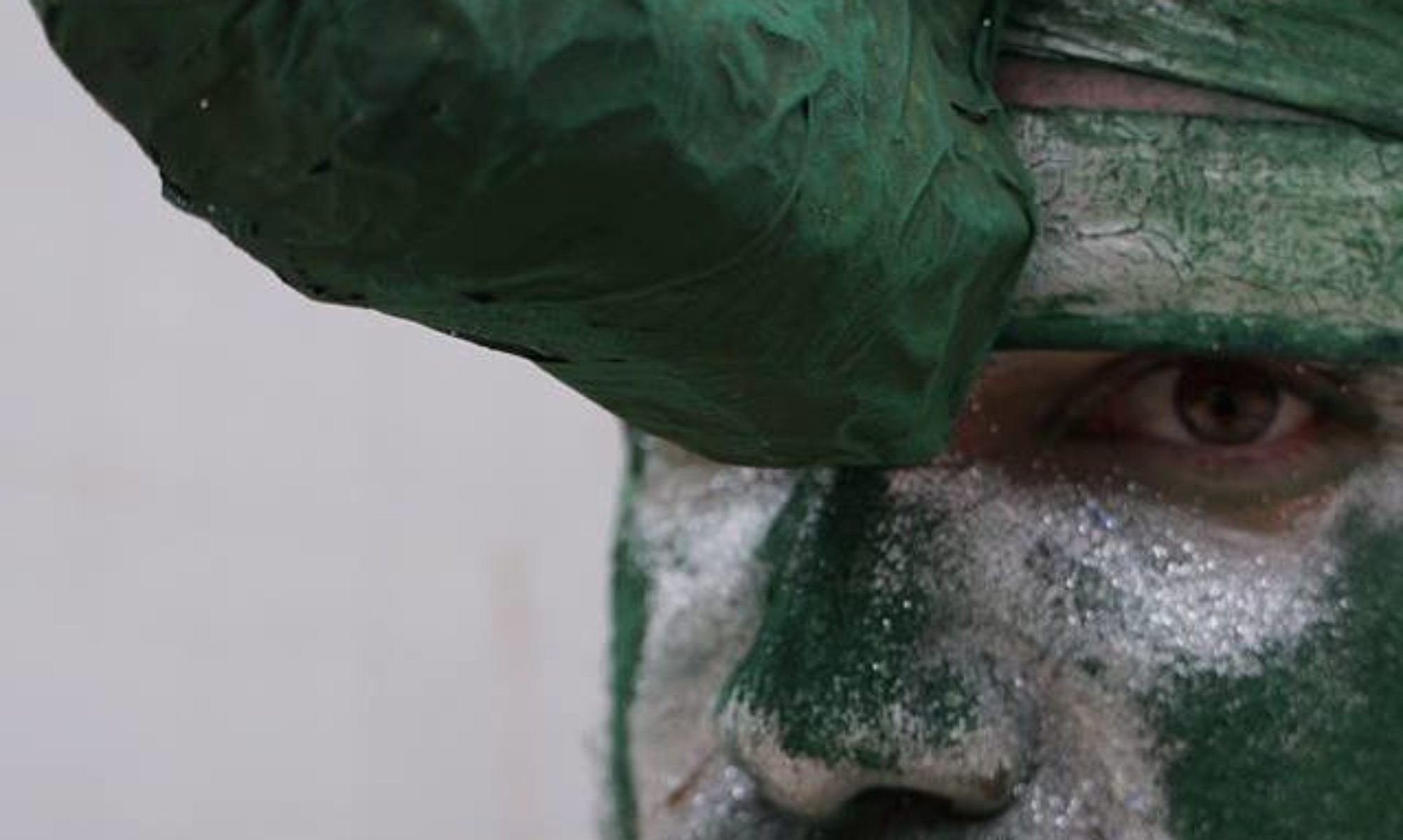
This is my blog of “reflection-on-action” (Schön, 1983: 50), on Short Courses of RCS, working with children of P5-7 through Process Drama (Digital Version).
In this blog I will reflect and write about things that went well and things that needed improvement in each week’s Process Drama plan and digital content.
We are BRONZE…We are circlers….We are united!
This is the week that I enjoyed most so far. I was so happy with the result of the video and this time our workshop was full of drama. The short courses have started as something vague but now that we approach the end of it, almost, it has solidified in my head and that is a skill that I will definitely take with me and use it in the future.
This week I had to re-do the planning as the 1st draft of the week made things more complicated for the young participants and they wouldn’t be able to engage that much. For that reason, I stripped it down to the layers and the material that was already there from the previous weeks, such as the point system and the theme of capitalism and tried to push it further from the point of view of drama.
That led me to an unexpected turn of events. A hacker hacked into the system of CIRCLE asking for a fairer point system and asking the young participants to join their cause but at the same time, on the other side, CIRCLE asks the young participants to report the hacker and they will get benefits as a thank you. Two sides and the young participants are asked to decide.
That twist drives the world of CIRCLE even further, building the belief of the young participants to the drama world and engages them fully with the world of fiction (Clark et al., 1997: 132) as the young participants are given the choice to be engaged even more and drive the drama from within.
The learning question for this week, which is also infused throughout the digital content, was prompting the young participants to think about fairness and the capitalist system. I wanted the young participants to think whether a capitalist system’s fault is either the principle that it is based on, which is “if you work hard, you will get paid more”, or the unfairness that is embedded in the system which is that someone who works hard but does a job that is considered less important, is paid less as well. In the workshop’s scenario, BRONZE members of CIRCLE work hard and for the same, or sometimes less, effort the GOLD members of CIRCLE are rewarded significantly more points. It’s an issue of justice that Plato dealt with in Gorgias (Plato, 2008) where he argues with Callicles whom suggests that people in the upper levels of hierarchy deserve to have the power and to be happy and Plato immediately shuts him down by invoking an example of a tyrant who has the power to do as they pleased but they end up unhappy (Plato, 2008).
The upcoming weeks look promising with the rise of the drama and the new characters that were introduced this week, suggesting a clear arch of drama.
Reference List
Clark, J., Dobson, W., Goode, T. and Neelands, J. (1997). “Lessons for the living: Drama and the Integrated Curriculum.” 1st ed. Mayfair Cornerstone.
Jowett, B. (2008). Gorgias, by Plato. [online] www.gutenberg.org. Available at: https://www.gutenberg.org/files/1672/1672-h/1672-h.htm#link2H_4_0002.
Schön, D.A. (1983). The Reflective Practitioner : How Professionals Think in Action. S.L.: Basic Books.
Digital Draft (1st Draft): CIRCLE 4th WEEK
Digital Content (Final Draft): CIRCLE 4th WEEK
Digital Content (Annotated): CIRCLE 4th WEEK (annotated)
Process Drama Plan (1st Draft): Process Drama WEEK 4
Process Drama Plan (Final Draft): Process Drama WEEK 4
Process Drama Plan (Annotated): Process Drama WEEK 4 (annotated)
Mentor’s Feedback: Mentor’s Feedback

